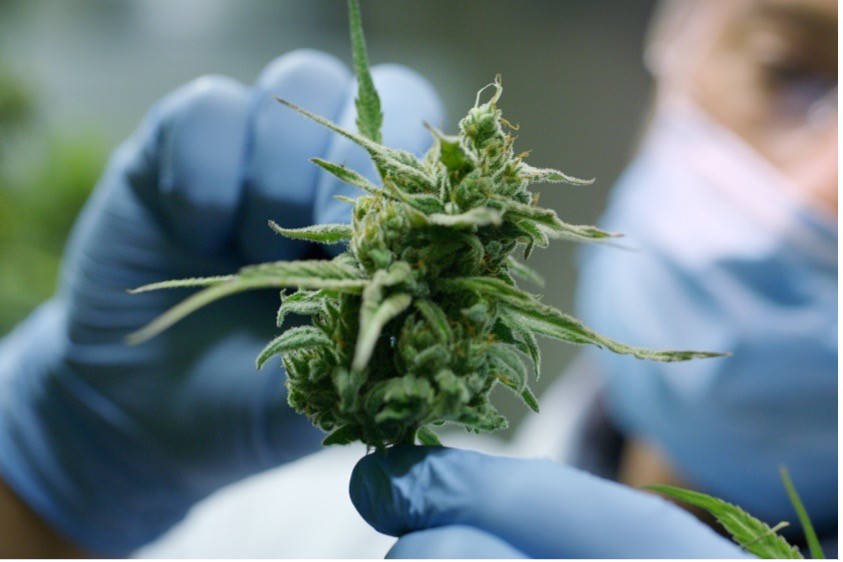Whether it be holding your breath or drinking water, everyone has their own way of trying to get rid of hiccups. Though, what exactly are hiccups and what causes them?
Here’s what you need to know.
What are hiccups?
Hiccups, scientifically known as synchronous diaphragmatic flutter are sudden, involuntary contractions of the diaphragm muscle, which is located beneath the lungs and separates the abdomen and chest.
The brain sends a signal to the diaphragm that tells it to move downwards, letting us breathe in, and to move upwards, letting us breathe out.
According to the experts at House Call Doctor, a hiccup occurs when the brain signals for the diaphragm to suddenly shift downwards. This abruptly pulls air into the back of the throat.
The hiccup sound is caused by the vocal cords snapping shut to check the inflow of air when this happens.
What causes hiccups?
Most cases of hiccups are caused by eating or drinking too quickly which irritates the stomach and causes the diaphragm to contract. Though there is no one clear cause of hiccups, there are a few specific triggers most people will experience, particularly for cases lasting less than 48 hours.
These include:
- Carbonated beverages
- Excessive alcohol consumption
- Consuming large food portions
- Excitement
- Emotional stress
- Sudden temperature changes
- Swallowing air with chewing gum
- Smoking
- Eating very hot food
- Eatingspicy food.
For those with hiccups that last for longer than 48 hours, alternative causes may include:
- Vagus or phrenic nerve damage or irritation
- Central nervous system disorders such as Multiple Sclerosis
- Metabolic disorders and drugs.
Prolonged hiccups may also interfere with eating, sleep, speech and wound healing after surgery. If you are suffering from hiccups for longer than 48 hours, contact your doctor.
How to treat hiccups
There is currently no scientifically proven treatment for hiccups. Luckily, most cases resolve themselves after a few minutes.
In cases of more persistent hiccups, the following treatments can be tried to stimulate the throat and vagus nerve:
- Holding your breath or breathing into a paper bag
- Drinking a glass of water quickly
- Slowly sip on a glass of ice cold water
- Pulling on your tongue
- Biting on a lemon
- Rubbing the back of the neck
- Gargling water
- Pulling your knees up to your chest and leaning forward
- Sniffing smelling salts
- Breathe into a paper bag.
If you’re experiencing hiccups for longer than 48 hours or having recurring bouts of hiccups, it’s recommended you consult with your GP in case there is an underlying cause.
Depending on your case, a doctor may be able to:
- Prescribe antispasmodics
- Identify/treat an underlying cause or problem of your hiccups.
Common questions about hiccups
A very common question surrounding hiccups, particularly for soon-to-be mothers is do babies hiccup in the womb?
Simply, the answer is yes. It’s quite common for babies to hiccup not only while they’re in the womb, but also when they’re born. Similar to adults, there’s no one clear cause to why babies hiccup.














